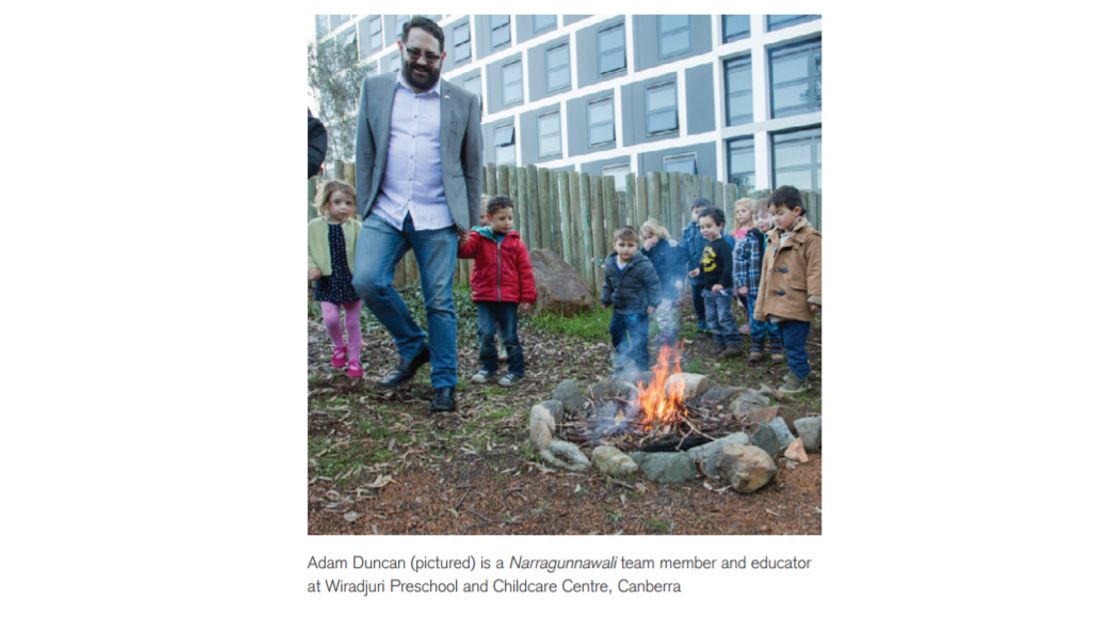Reflecting on NAIDOC Week
NAIDOC Week often falls in the school holidays, which can make it tricky for schools and services to be a part of the buzz. During NAIDOC (3-10 July), events were held across Australia to celebrate the histories, cultures and achievements of Aboriginal and Torres Strait Islander peoples. Social media lit up with #NAIDOC2016 and many rich stories were broadcast and published. For non-Indigenous Australians, NAIDOC can be a great opportunity to learn more about Aboriginal and Torres Strait Islander histories and cultures by participating in community events.
Now that NAIDOC Week is over, it’s as good a reason as any to remind ourselves how important it is to make sure Aboriginal and Torres Strait Islander histories and cultures are part of every day of the year. Early learning educator and Narragunnawali team member Adam Duncan reflects:
NAIDOC week serves as a great prompt for thinking about why we should be teaching about Aboriginal and Torres Strait Islander histories, cultures and contributions. We, Aboriginal and Torres Strait Islander Australians, are the people of this land. Yes, we have familial, spiritual and conceptual links to Country that are difficult to relate to people of other cultures, however we also have very physical and emotional connections to the land onto which our grandparents, parents, sibling, children and grandchildren are born. These connections can be equated to those formed by Western societies, for example the connection to a childhood home, or connections felt upon returning to our country of origin after a long absence.
Why teach about Aboriginal and Torres Strait Islander histories, cultures and contributions? Students and children are growing up on Country and experiencing places that have been cared for and tended by Aboriginal and Torres Strait Islander peoples for at least 60 millennia. Country is a part of our shared histories. Country wears the footprints of Aboriginal, Torres Strait Islander, colonist, migrant and 3rd/4th/5th generation Australians. These footprints, be they cultural, spiritual, economic, ecological, sociological or physical, are footprints that we leave within, and on top of, Aboriginal and Torres Strait Islander footprints, the first footprints left on Country, and on this country.
This is what we all share, and it’s why learning about the peoples, my peoples, who made those footprints is so important.
Aboriginal and Torres Strait Islander peoples and Country are inextricably linked. You share my Country, then you need to share my culture.



